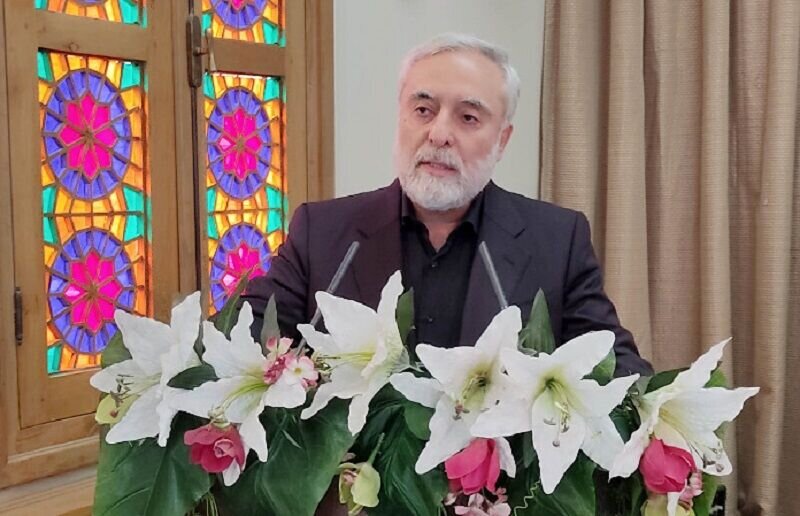New national history museum to open in Iran

TEHRAN–A museum focusing on Iran’s three different historical eras will be set up in the near future, the head of Iranology Foundation has said.
The museum will feature exhibits from historical periods of ancient Iran, Iran in Islamic era and Iran after the 1979 Islamic Revolution, Mohammad-Hossein Rajabi-Davani said on Wednesday.
A major goal of the foundation is to promote and introduce Iran’s rich history and culture throughout the country in a variety of fields and eras, he noted.
Ancient Iran, also known as Persia, historic region of southwestern Asia that is only roughly coterminous with modern Iran. The term Persia was used for centuries, chiefly in the West, to designate those regions where the Persian language and culture predominated, but it more correctly refers to a region of southern Iran formerly known as Persis, alternatively as Pars or Parsa, modern Fars.
Parsa was the name of an Indo-European nomadic people who migrated into the region about 1000 BC. The first mention of Parsa occurs in the annals of Shalmanesar II, an Assyrian king, in 844 BC.
During the rule of the Persian Achaemenian dynasty (559–330 BC), the ancient Greeks first encountered the inhabitants of Persis on the Iranian plateau, when the Achaemenids —natives of Persis— were expanding their political sphere. The Achaemenids were the dominant dynasty during Greek history until the time of Alexander the Great, and the use of the name Persia was gradually extended by the Greeks and other peoples to apply to the whole Iranian plateau.
In the 7th century, the Muslim conquest of Persia, also known as the Arab conquest of Iran, led to the fall of the Sasanian Empire of Iran in ca. 651 and the eventual decline of the Zoroastrian religion. Experts say the rise of Muslims coincided with an unprecedented political, social, economic, and military weakness in Persia.
The Islamic Revolution took place in February 1979 when the U.S.-backed regime of Mohammad Reza Shah collapsed under the weight of continual protests across the country under the leadership of Imam Khomeini, who had returned home from exile ten days earlier.
ABU/AM
